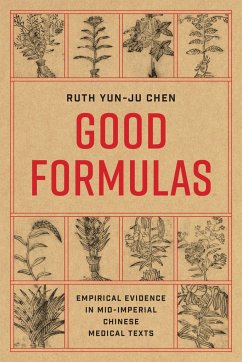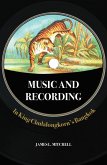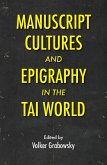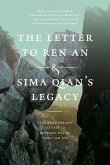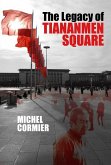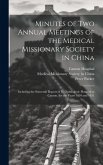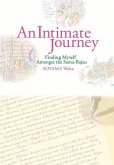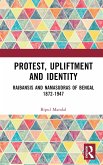"In Song-dynasty China (960-1279), narratives based on authors' personal experience began to proliferate in medical treatises, introducing a new strategy for substantiating knowledge. The rise of this empirical approach, which had appeared only sporadically in pre-Song medical literature, provides a window into transformations in the construction of textual authority in middle-period China. Ruth Yun-Ju Chen traces this development by examining medical genres and notebooks (biji), showing that it was both a product of and a catalyst for a broader epistemic transition and the advent of a new medical learning environment"--

